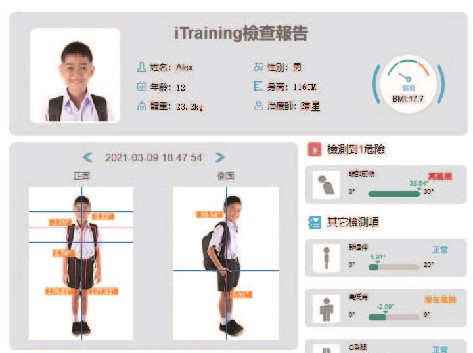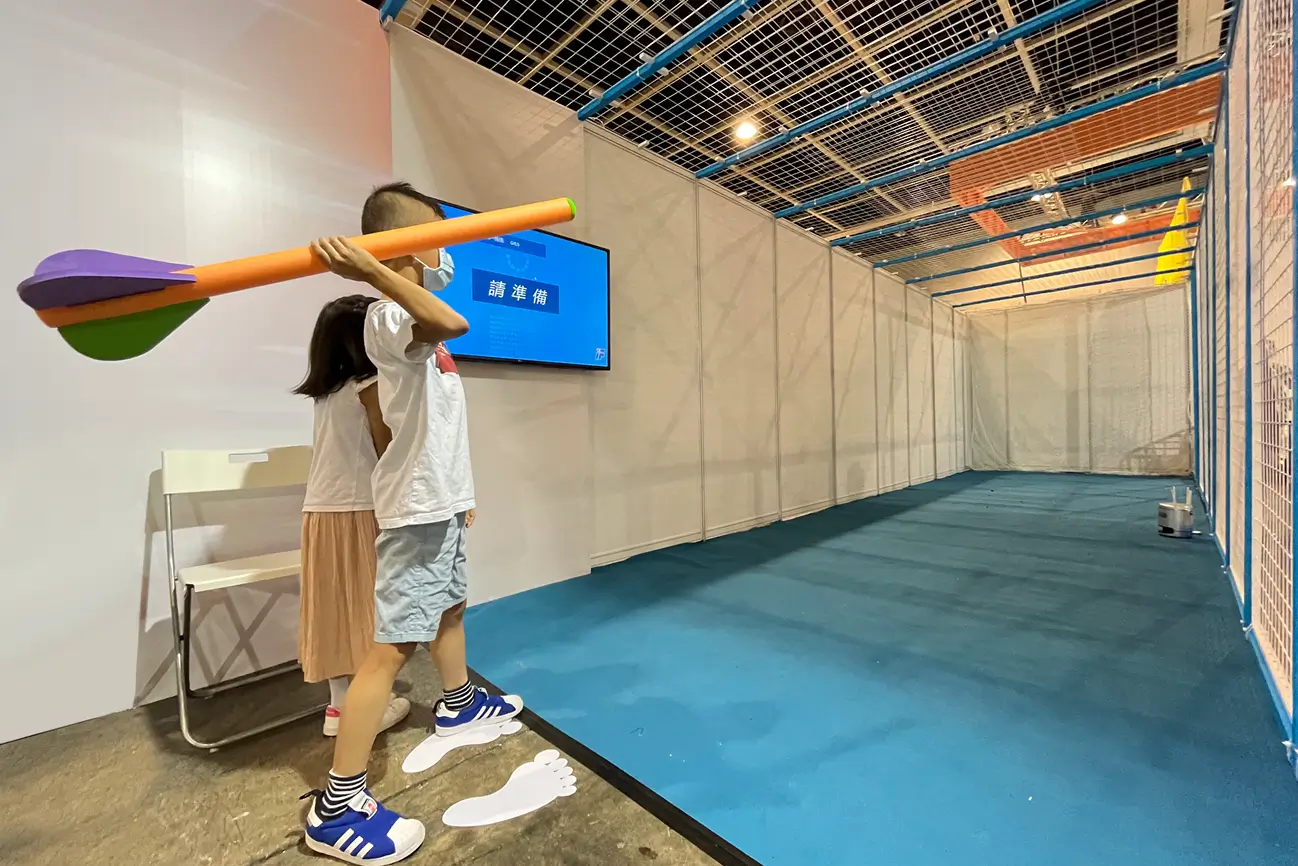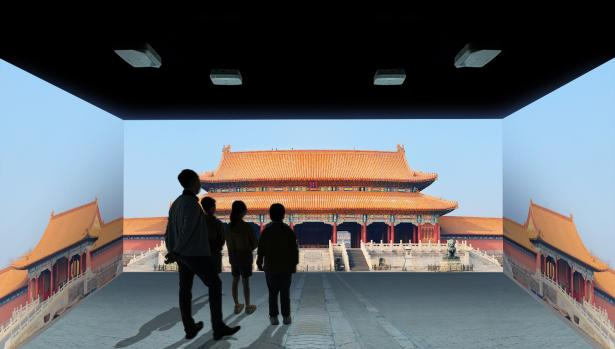FAQ
1. Who is eligible to apply?
All non-tertiary, non-profit private schools under the Macao education system.
2. How many projects can a school apply for?
How many projects can a school apply for?Each school unit may apply for multiple funding themes, and each theme may include several projects.
3. Is there a funding cap?
Each theme has different calculation standards, usually based on the number of classes, students, or project budget. Large-scale projects may require signing an agreement.
4. How do schools apply?
Submit applications via the online funding system.
Print the “Application Summary Form” signed and stamped by the school sponsor.
Submit the documents to the EDF through the Education and Youth Development Bureau.
5. How will the funds be disbursed?
Most projects follow a reimbursement system upon completion and submission of final reports. Some categories (e.g., construction, special education) may receive advance or staged payments.
6. What obligations do schools have?
Use funds strictly according to approved purposes.
Submit reports and supporting documents as required.
Cooperate with EDF inspections, audits, and monitoring.
Return unused or ineligible funds.
Follow proper procurement procedures (public tender or written quotations).
7. What happens if schools violate the rules?
Penalties may include written warnings, cancellation of subsidies, suspension of other grants, or ineligibility to apply for up to two years.
8. What special support is available for inclusive education?
Funding may cover specialized staff (psychologists, therapists), teaching assistants, healthy meal programs, transportation services, and inclusive education support personnel.
























